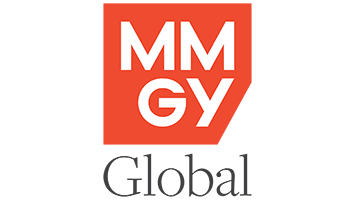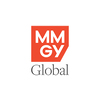Survey Reveals More Affluent Travelers Less Affected By Economic Concerns | Ypartnership Reports

ORLANDO, Fla. | Most travel service suppliers - both domestic and international - will have to work harder in the months ahead to capture a meaningful share of travel demand, according to the results of the most recent "travelhorizons(TM)" survey of U.S. adults conducted the week of October 13, 2008. Co-authored by Ypartnership and the Travel Industry Association in Washington, DC, this on-going national survey of over 2,200 adults explores the travel intentions of Americans during the forthcoming six months.
Fully seven out of 10 (71 percent) adults intend to take a leisure trip 50 miles or more from home or overnight during the next six months. This is the same percentage recorded in the October 2007 travelhorizons(TM) survey, thereby revealing no degradation in the overall incidence of intentions to travel among Americans despite the turbulent financial times.
Almost half (48 percent) of all respondents stated they were not planning to make any changes to their future travel plans as a result of the current financial crisis, although demand from more value-sensitive travelers is expected to show some decline. A robust 82 percent of those with an annual household income over $75,000 intend to travel during the next six months, yet households with an annual income below $75,000 are more likely to agree that "travel is too expensive" and are "reevaluating their travel plans because of budget concerns" according to the survey.
Among the seven out of ten adults planning a trip during the next six months, more than 68 percent agree the price of gas will affect their vacation behavior, while 54 percent mention the price of dining out in restaurants. Approximately half (50 percent) consider the tightening of credit and rising cost of health care (46 percent) when planning vacations. Nearly one-third (38 percent) agree the value of their retirement fund directly influences their vacation behavior, while 34 percent consider high levels of personal debt and job insecurity (30 percent) as significant. Only one out of four (26 percent) respondents cited the reduced value of their home as a consideration that affected their vacation planning behavior, and a comparable percentage cited a possible increase in their mortgage payment.
"The results of this study reveal that demand for travel services in coming months will increasingly come from more affluent travelers," said Yesawich. "Yet, these individuals will also be aggressive comparison shoppers to ensure they get what they consider to be rightfully theirs in a buyers' market - a good deal." Fully seven out of ten adults who are planning a trip during the next six months intend to go online to comparison shop for the best prices. Those with an annual household income over $75,000 are significantly more likely to comparison shop for prices and rates than those with an annual household income of less than $75,000 (64 percent compared to 58 percent).
Ypartnership is a worldwide advertising and public relations agency that specializes in serving travel industry clients and co-author of the widely quoted National Travel Monitor(TM) with Yankelovich, Inc. For more information, visit .
Noel Perkins
Ypartnership
407-838-1797
MMGY Global
